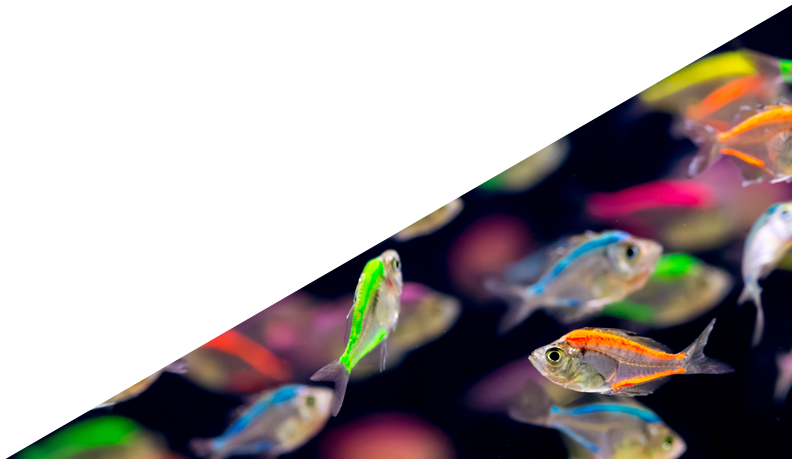Filtering by:
Library
Edit Filters
21 Results
Teaching & LearningCollaborate to Create Community
This extract from Eoyang's dissertation gives the foundation for the CDE Model of Conditions for Self-Organizing in Human Systems.
Plan in Uncertainty
Traditional strategic planning requires that you predict what will happen and make a plan to control how the future unfolds.
Human systems dynamics is simple and practical. It also challenges fundamental assumptions about what we can know and how we can act with intention, even under conditions of radical uncertainty.
Teaching & LearningBuild Adaptive Capacity
Great teachers teach students, not content. Since Socrates, wise people have known that learning is not always information transmission.
Business & IndustryCollaborate to Create Community
All human systems are self-organizing, and teams are a great example. Individual agents come together from different places with different skills and expectations. They interact in meetings and over email. Over time, patterns form of high
performance or wasted effort.
Lead in Complexity
Linear cause and effect are great when they work. Root causes and logical sequences explain change in mechanical systems. They can even work in some simple, highly constrained human systems. The problem is that they do not help you understand
change in highly complex human systems dynamics.
Join a global network of learning about HSD!
As a member of the network, you will receive weekly notices of events, opportunities, and links to blogs and other learning opportunities. Additionally, you will have the option to unsubscribe at any point, should you decide to do so.


